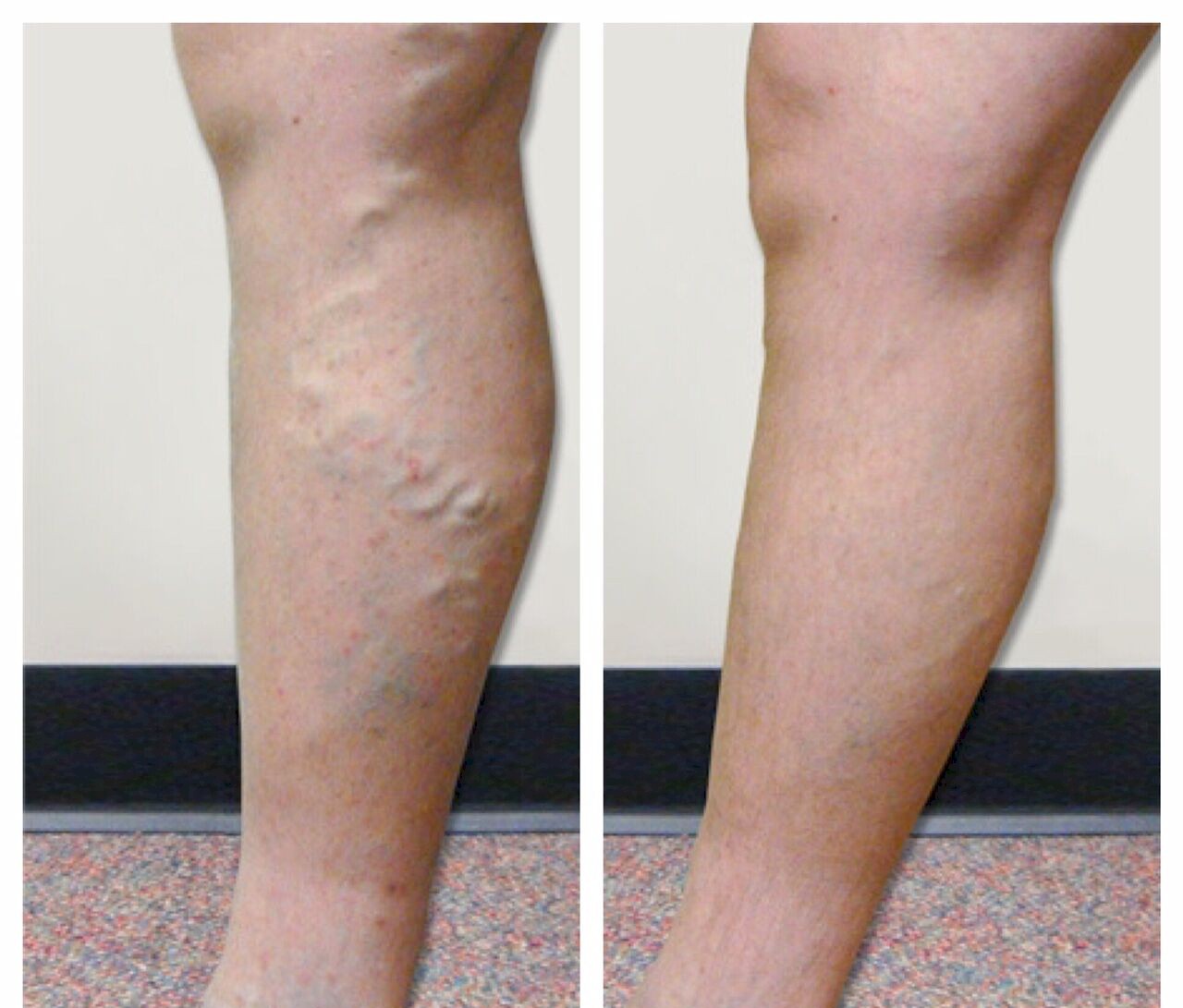Have you been putting off treatment for your varicose veins because you didn’t think you had time for the procedure and recovery?
If so, the staff at Vein Specialists of the Carolinas has good news for you. Non-surgical vein treatments no longer involve invasive surgery and extended recovery periods. There are a variety of non-surgical vein treatments available. You can eliminate unsightly, uncomfortable varicose veins without taking much time away from your busy schedule. Check out these non-surgical options for treating varicose veins today.
Injectable Treatments
Sclerotherapy has been and continues to be the “gold standard” in spider vein treatment. This procedure injects a sterile solution inside visible veins, which irritates the lining of the vessel walls. The vessel seals closed and collapses, disappearing from view. The treated vein is eventually reabsorbed by the body and blood is naturally rerouted to healthy veins nearby.
Sclerotherapy is an office procedure that often takes just a few minutes to complete. There is little discomfort during the procedure, although some patients report a brief period of itchiness immediately following treatment. Patients may resume their daily schedules right after the procedure, although strenuous activity, hot baths and direct sun exposure are discouraged. Compression stockings are usually worn for a few days after sclerotherapy to encourage healthy blood flow to the treated area.
Radiofrequency Innovation
Another state-of-the-art vein treatment that is very popular with our Carolina patients is VNUS closure, also known as Venefit. With this treatment, radiofrequency energy is delivered directly into varicose veins via a narrow tube called a catheter. As the catheter is pulled out of the vessel, the RF energy seals the entire vein closed so it can be reabsorbed by the body.
VNUS closure is performed on an outpatient basis under local anesthesia. Patients report no discomfort during the procedure and little pain afterward. The majority of patients return to work and other activities the day after the procedure. Compression stockings are usually recommended for a number of days to encourage full healing to the area. Full results will be seen within a few weeks after treatment, while varicose vein symptoms will improve even faster.
Other Office Procedures
Patients that are not good candidates for sclerotherapy or VNUS closure may be treated with another minimally-invasive office procedure known as ambulatory phlebectomy. This procedure uses tiny incisions and special tools to remove large, swollen vessels from the leg. The veins are removed in small sections and the remaining end of the vessels are tied off so blood can reroute to other vessels in the area.
Ambulatory phlebectomy is performed in our office using local anesthesia. The incisions made are usually too small to require stitches afterward and leave little or no scarring behind. Patients report little discomfort after treatment and most are able to return to their daily schedule the next day. Compression stockings can be used to reduce post-procedural swelling and accelerate the healing process. Both the veins and their symptoms are removed, so patients experience nearly immediate relief from their varicose veins following the procedure.
You don’t have to suffer with the pain and embarrassment of bulging varicose veins. Today, minimally-invasive treatments effectively eliminate those vessels without putting a major damper on your daily life. To learn more about these vein treatments, contact Vein Specialists of the Carolinas in Charlotte at 704-861-2072 or Gastonia at 704-544-5245.
Schedule your appointment today!
“All We Do Is Veins, All Day Every Day.”

